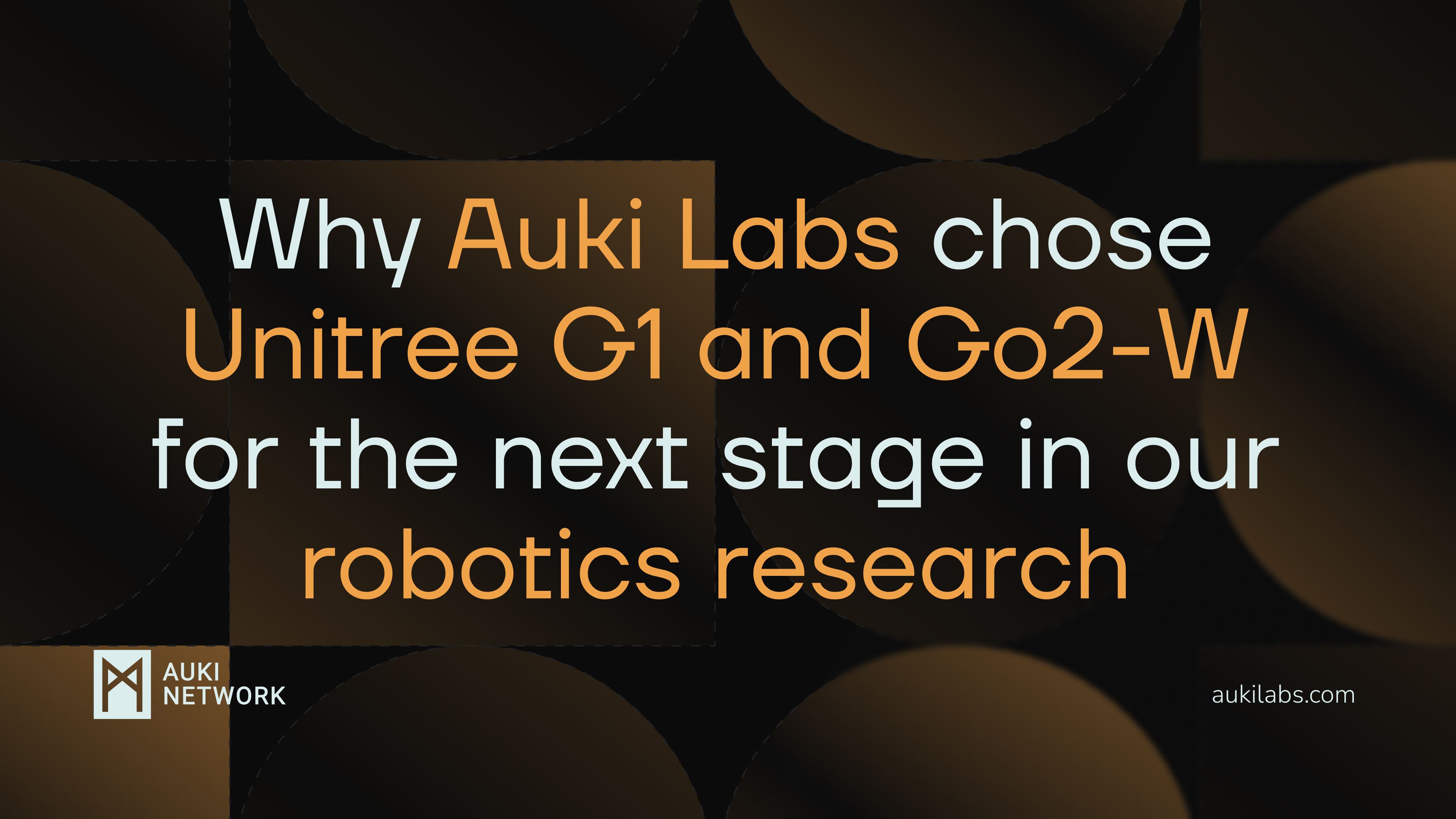Auki Labs Unveils Posemesh: A New Era for Collaborative Robotics

In the realm of robotics, the challenge of enabling multiple robots to collaborate effectively in shared spaces has been a significant hurdle. Auki Labs is addressing this issue through the development of the posemesh, a shared spatial map that enhances how robots perceive and interact with their environment. Currently, most spatial maps lack contextual information, providing only geometric data without meaningful object labels. This limitation forces robots to rely on computationally intensive processes for object recognition, which slows down decision-making and limits the scalability of autonomous systems. By introducing the posemesh, Auki Labs aims to streamline this process, allowing robots to operate more efficiently with reduced computational demands.
The Unitree G1 and Go2-W robots are at the forefront of this innovation, serving as ideal platforms for deploying the posemesh. With their advanced sensors and mobility, these robots can navigate pre-built spatial maps effectively. The posemesh facilitates a shared understanding among robots, enabling them to coordinate movements and allocate tasks without the need for each robot to independently process its environment. This collaborative approach not only enhances efficiency but also minimizes redundancy, ultimately leading to improved robot-to-robot communication and more scalable systems across various industries.
Auki Labs envisions a future where robots can adapt to environments in real-time, overcoming computational bottlenecks and working together seamlessly. By investing in the posemesh and advanced robotic platforms, the company is pioneering a smarter approach to robotics and AI. This initiative is crucial for the widespread adoption of robots in mixed or hybrid environments, as it unlocks the potential for collaborative fleets that are greater than the sum of their parts. As Auki Labs continues to innovate, the promise of a more interconnected and efficient robotic future becomes increasingly tangible.
Related News





